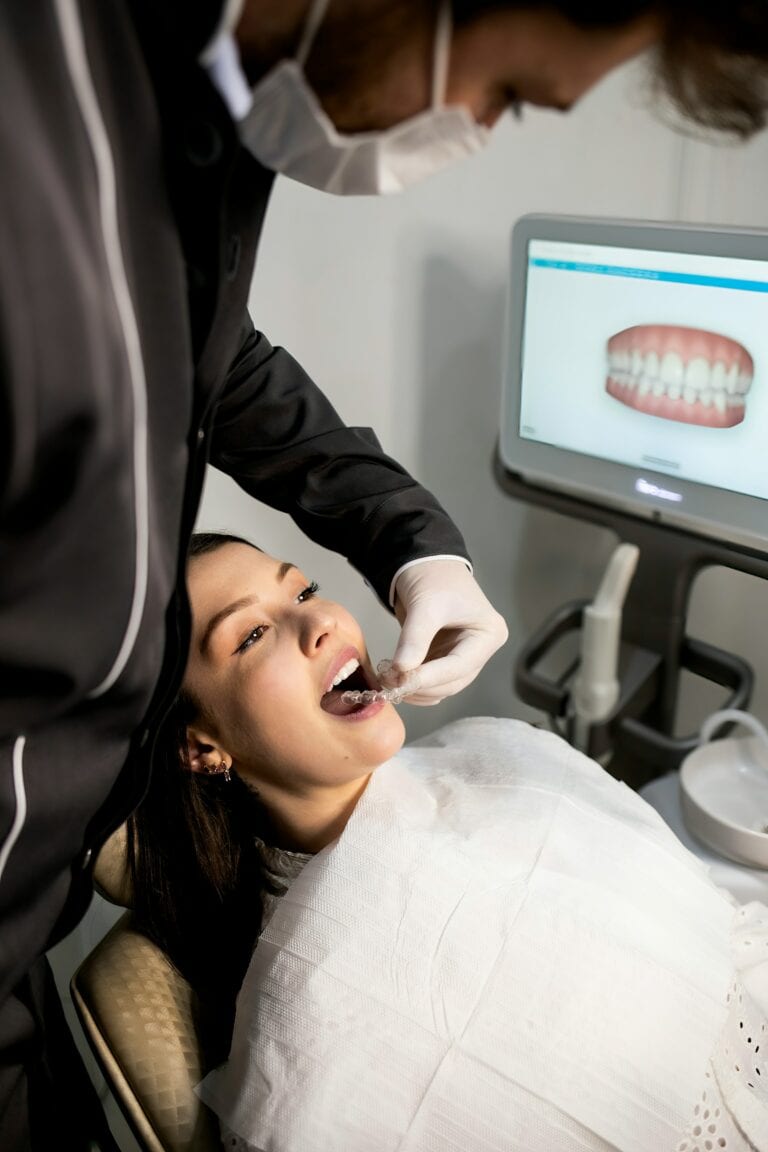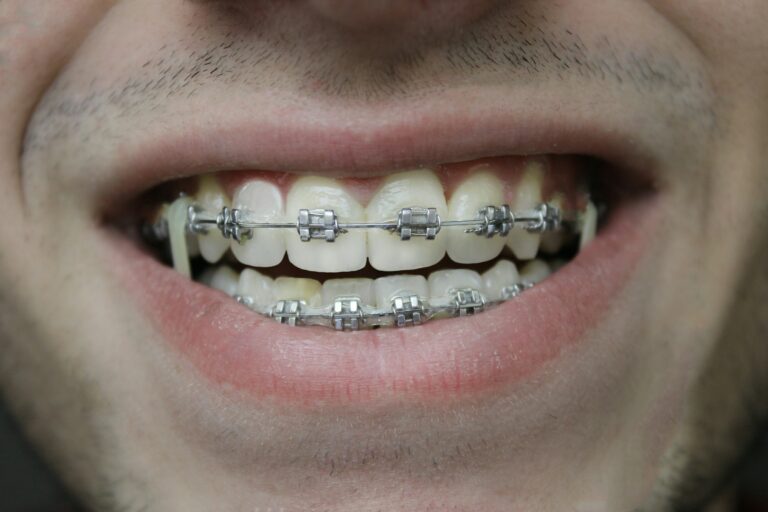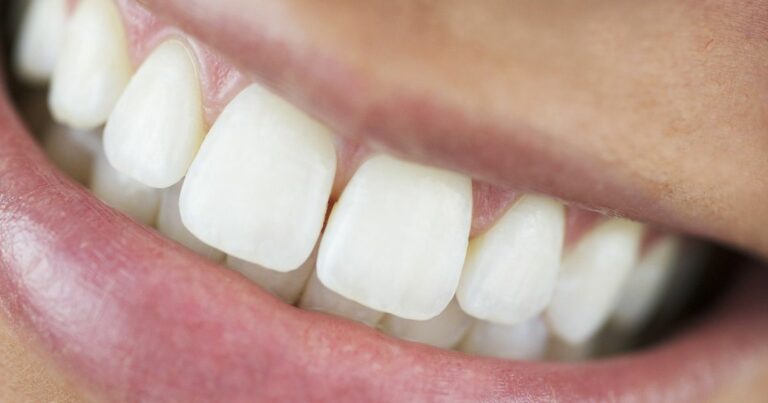Do Braces Make Your Teeth Loose?
Have you ever wondered, do braces make your teeth loose? The short answer is yes, your teeth may feel slightly wobbly as they move into better alignment, but this is a normal and temporary part of braces treatment for kids and adults.
Braces gently guide teeth through controlled pressure, not permanent damage. In this article, we’ll explain why teeth feel loose with braces, address common questions about braces, share prevention tips, and highlight when to seek help from an orthodontist in Colorado, whether in Longmont or Denver.

Why Teeth May Feel Loose with Braces
When braces are applied, they use gentle, controlled pressure to move teeth into better alignment. This process stimulates bone remodeling, where the supporting bone adjusts to allow new positioning.
It’s common to experience wobbly teeth with braces during treatment, but this movement is temporary and a healthy sign that your smile is improving. Once treatment is complete, teeth stabilize and become firmly set in their new positions.
Difference Between Loose Teeth and Bracket Issues
It’s important to distinguish that a braces loose tooth is different from a loose bracket, since they represent two very different concerns. A tooth that feels mobile is part of the biological adjustment process. A loose bracket, on the other hand, is a hardware issue that your orthodontist can quickly repair.
Myths and Misconceptions
Can Braces Make Your Teeth Fall Out?
A common fear is that braces can make your teeth fall out, but the truth is they do not because orthodontic treatment is designed to move teeth safely. Teeth only become at real risk if there is advanced gum disease or poor hygiene. With regular care, braces will not cause tooth loss.
What Happens if You Have a Loose Tooth with Braces?
Sometimes a loose tooth with braces is completely normal, especially when baby teeth are being replaced with permanent ones during braces treatment for kids.
However, if an adult tooth feels unusually mobile, it’s best to consult your orthodontist quickly to ensure your smile stays on track.

The Role of Oral Hygiene and Decalcification
One of the biggest risks during orthodontic treatment is decalcification, the loss of essential minerals from tooth enamel. This often shows up as white spots around brackets and can weaken teeth over time.
Sugary and acidic foods, like soda, citrus, and candy, feed bacteria that produce harmful acids. Combined with poor brushing habits, these acids erode enamel, leaving teeth vulnerable to cavities and long-term damage.
The good news is that decalcification can be prevented. Consistent brushing, flossing, and fluoride use protect enamel and reduce plaque buildup.
Regular cleanings and orthodontist check-ins, whether with a provider like Longmont Braces or other dental braces in Colorado practices, help catch early signs of damage and keep your smile strong and healthy throughout treatment.
Treatment & Long-Term Outcomes
If white spots or enamel weakness develop, there are several cosmetic and health solutions available. Options like veneers, professional whitening, and remineralization treatments can restore appearance and strengthen enamel. These approaches not only improve aesthetics but also protect overall oral health for the long term.
Stronger, Straighter Smiles
Once treatment is complete, teeth stabilize in their new positions. The result is a straighter, healthier smile that functions better and looks great. This investment delivers lifelong benefits, from improved confidence to lasting oral wellness.

FAQs
Do braces make your teeth loose permanently?
No, any looseness is temporary and simply reflects the controlled movement of teeth during treatment, which stabilizes once braces are removed.
Is it normal for teeth to wobble with braces?
Yes, slight mobility is a normal part of orthodontics and shows that your teeth and bone are adapting to the new alignment.
What happens if I already have a loose tooth with braces?
If it’s a baby tooth, it will fall out naturally, but if it’s a permanent tooth, your orthodontist should evaluate it promptly.
Can poor hygiene with braces cause permanent damage?
Unfortunately, yes, neglecting oral care can lead to lasting enamel damage, cavities, or gum disease that may require additional treatment.
How are white spots and decalcification treated?
They can be minimized with whitening, fluoride applications, or veneers, depending on severity and your dentist’s recommendations.
Do teeth stay strong after braces are removed?
Yes, once teeth are stabilized in their new positions, they typically become just as strong, if not stronger, when supported by proper hygiene and retainers.





